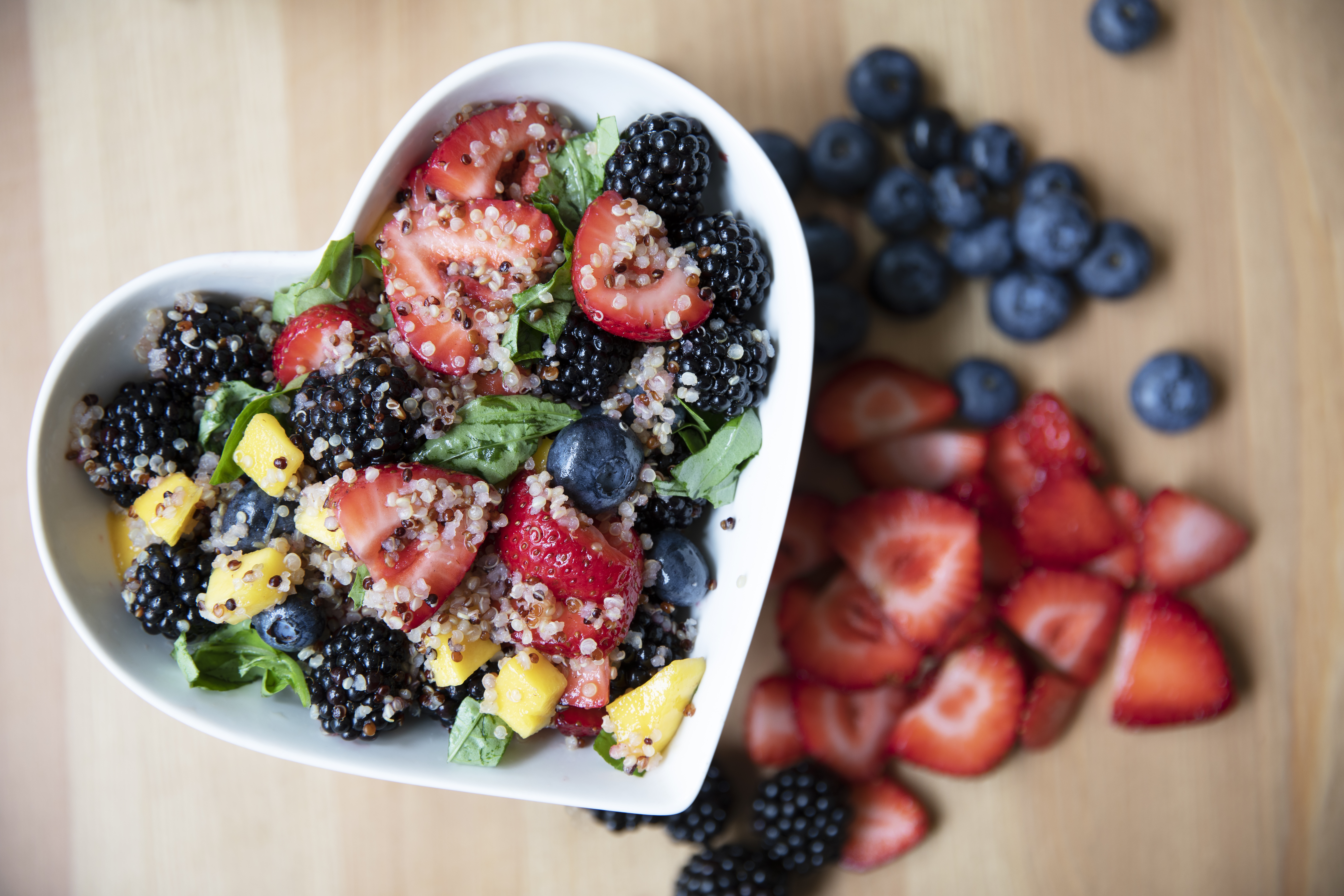19 Simple Swaps to Cut Ultra-Processed Foods from Your Diet
Ultra-processed foods have quietly taken over our plates—engineered for taste, built for shelf life, and stripped of real nutrition. From breakfast cereals to microwave meals, they’re everywhere, often disguised as healthy or convenient. But here’s the truth: these hyper-palatable products are loaded with additives, refined sugars, and synthetic ingredients that can disrupt digestion, spike inflammation, and drain your energy over time. The good news? You don’t need a complete overhaul to reclaim your health—just smarter swaps. That’s why we’ve expanded our guide to 19 Simple Swaps to Cut Ultra-Processed Foods from Your Diet. These changes are practical, sustainable, and designed for real life—no deprivation, just better decisions. By gradually replacing the packaged with the purposeful, you can nourish your body, sharpen your mind, and feel more in control of what fuels you. Small shifts, big impact—starting right here, one swap at a time.
Swap 1: Fresh Fruits Over Packaged Snacks

Packaged snacks, such as chips and cookies, are often loaded with sugars, unhealthy fats, and artificial ingredients. A simple yet effective swap is choosing fresh fruits instead. Fruits are naturally sweet and packed with essential nutrients, fiber, and antioxidants. For instance, replacing a bag of chips with an apple or a banana not only satisfies your cravings for something sweet or crunchy but also provides your body with vitamins and minerals that support overall health. This swap also aids in weight management, as fruits are generally lower in calories and higher in water content, promoting a feeling of fullness.
Swap 2: Whole Grains Instead of Refined Grains

Refined grains, such as white bread and pasta, have been stripped of their nutritional value during processing. Whole grains, on the other hand, retain their bran and germ, making them rich in fiber, vitamins, and minerals. By choosing whole-grain options like brown rice, quinoa, or whole wheat bread, you can significantly enhance your nutrient intake. Whole grains have been shown to reduce the risk of chronic diseases, including heart disease and type 2 diabetes. They also aid in digestion and help maintain a healthy weight by promoting satiety. This swap is an effective way to improve your diet without sacrificing taste or convenience.
